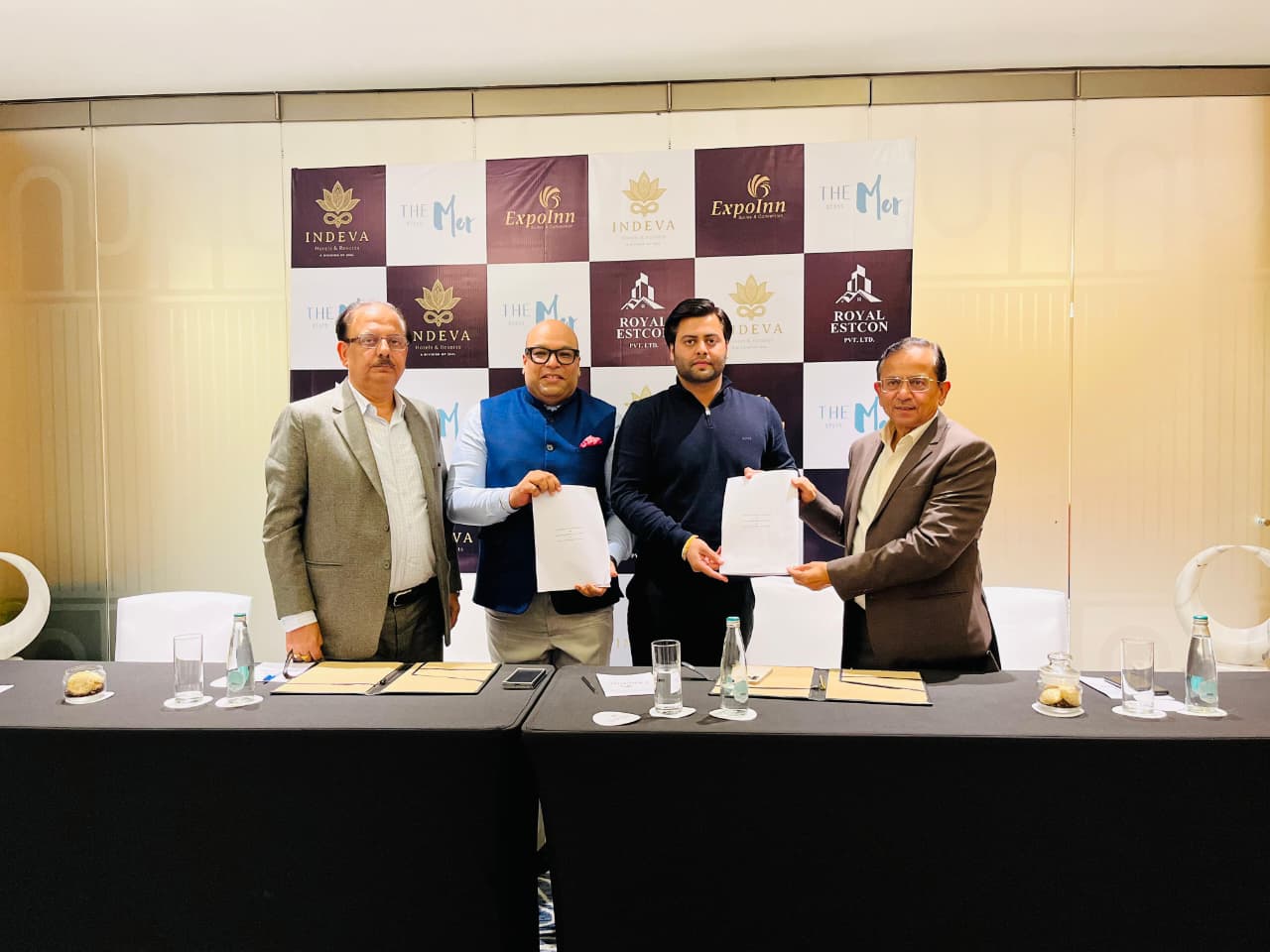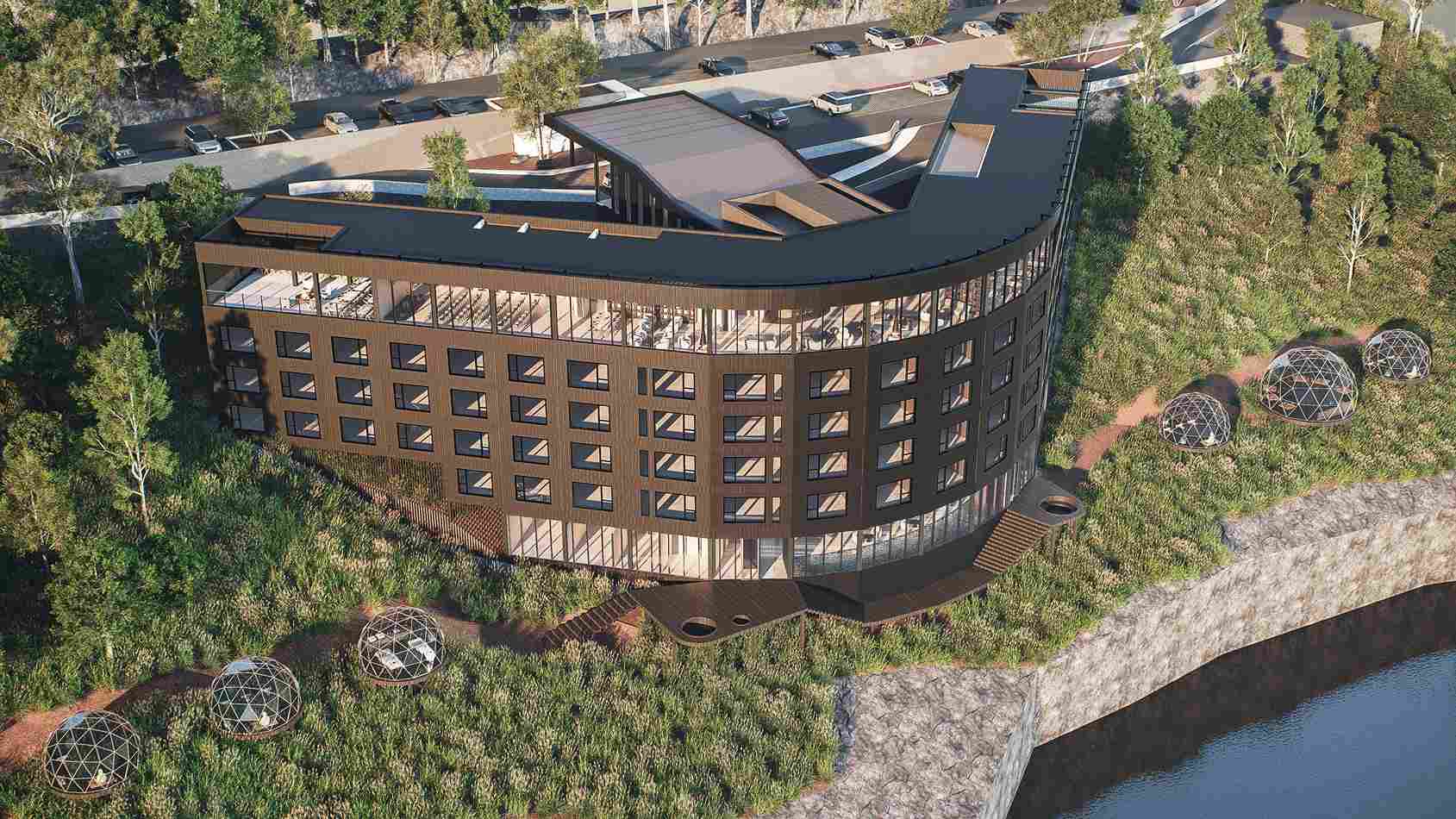FHRAI has submitted a representation to the Hon’ble Finance Minister – Smt. Nirmala Sitharaman requesting the Council to include impactful policy measures required to help the Hospitality industry in its survival efforts. The FHRAI has stated that India’s Tourism and Hospitality sectors have incurred the largest collateral damage of the COVID-19 pandemic and every small or big step to revive the sector will be crucial in the long-term health of both the sector and the country’s economy. Lockdown curbs in various States and cities have impacted hospitality business enormously. Even at the beginning of 2021, the revenue of the industry was below 20 per cent of pre-pandemic levels and March onwards, the revenue has crossed not even 5 per cent.
“We are requesting for the threshold limit for charging GST at 18 per cent on hotel room tariffs be raised from the present INR 7500/- to INR 9500/- for bringing parity of rates between the Rupee and the Dollar. Back when the threshold was fixed at INR 7500/-, the exchange rate of Dollar per Rupee stood at INR 64, but today the same has reached INR 73 per Dollar. Also, the threshold limit for zero GST for hotel rooms should be raised from the present INR 1000/- to INR 2000/- per room per day. The move will boost the lower budget segment, thus encouraging domestic travel and promoting tourism sector in a big way. Also allowing valid GST hotel bills of any State other than the home state of the Individual assesee paid for by digital mode exempt under section 80C for an additional amount of INR 50,000/- will encourage citizens to travel within India which will further give a much needed impetus to hotels as well as ancillary industries. With restricted foreign travel, promotion of domestic tourism is the need of the hour,” says Mr Gurbaxish Singh Kohli, Vice President, FHRAI.
The Indian Hotel industry’s total revenue in FY 2019-20 stood at INR1.82 lakh Cr. As per industry estimates, in FY 2020-21, approximately 75 per cent of the industry’s revenues got wiped off. That is more than INR1.30 lakh Cr revenue hit. Lockdown curbs across various States and cities have impacted hospitality business enormously.
“Simplification of GST rules will lead to greater compliance especially from small units. A mechanism should be in pace to enable the establishments to avail inputs of GST paid on rent and other GST cost. This will make the business more viable. Hence we are requesting that all F&B revenue in a hotel and standalone restaurant be treated as bundled services and be charged 5 per cent GST on composite scheme for units that are not availing ITC and 12 per cent GST for units that are availing ITC. IGST billing to the hotels for corporate bookings and MICE should also be allowed since it will enable the companies to avail GST input credit which will incentivize them to spend their annual budgets in Indian cities rather than spending it at holiday destinations of South East Asia,” says Pradeep Shetty, Jt. Hon. Secretary, FHRAI.
The FHRAI has pointed out that lack of capital, dearth of the workforce, and mounting losses is threatening Tourism and Hospitality industry which accounted for around 10 per cent of the GDP, supported around 90 million jobs, and generated Foreign Exchange Earnings (FEE) to the tune of INR 1,94,881 crores (USD 29.96 billion) in 2019.
“We request the GST Council to remove GST for rent payments for those who are not eligible to claim the input tax credit. More importantly, hospitality establishments must be allowed to get refund of unutilised GST credit lying with State Governments which will enable them to get the much needed liquidity. We request for a new provision in the law for immediate refund of GST paid by new hotel projects and existing expansions as this will reduce the dependence on debt-financing and bank loans. It will also enable hotels that are under construction and whose construction has been stalled because of lack of funding and cash flow to complete their projects which otherwise would have become NPAs. This is also important due to the fact that the COVID19 pandemic has caused delay of more than a year in completion of existing projects,” concludes Kohli.










